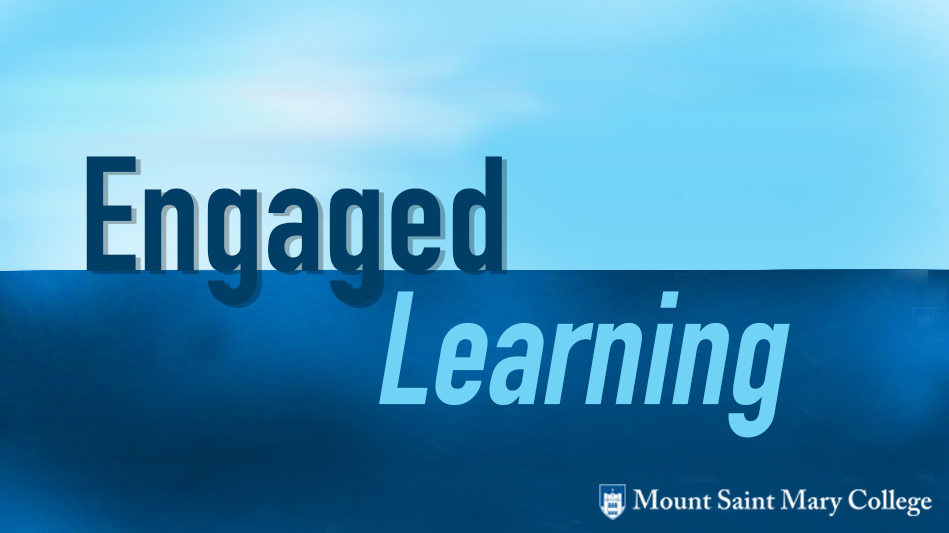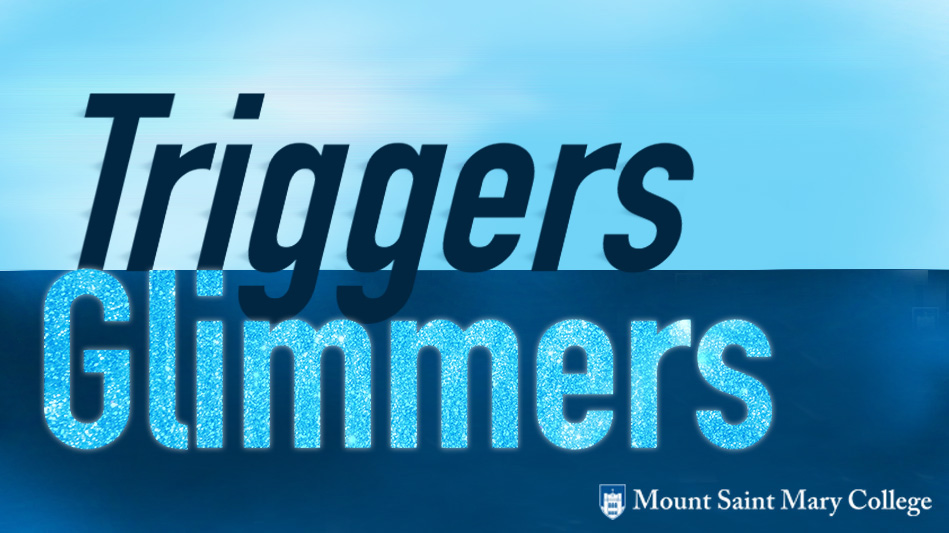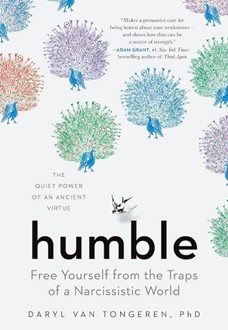By Charity Peak, Ph.D. (U. S. Air Force Academy)
As part of our institution’s faculty development program, we are currently reading Carol Dweck’s Mindset: The New Psychology of Success. Even though the title and cover allude to a pop-psychology book, Dweck’s done a fabulous job of pulling together decades of her scholarly research on mindsets into a layperson’s text.
After announcing the book as our faculty read for the semester, one instructor lamented that she wished we had selected a book on the topic of metacognition. We have been exploring metacognition as a theme this year through our SoTL Circles and our participation in the multi-institutional Metacognitive Instruction Project. My gut reaction was, “But Mindset is about metacognition!” Knowing your own mindset requires significant metacognition about your own thinking and attitudes about learning. And better yet, understanding and recognizing mindsets in your students helps you to identify and support their development of mindsets that will help them to be successful in school and life.
If you haven’t read the book, below are some very basic distinctions between the fixed and growth mindsets that Dweck (2006) discovered in her research and outlines eloquently in her book:
| Fixed Mindset | Growth Mindset |
| Intelligence is static. | Intelligence can be developed. |
Leads to a desire to look smart and therefore a tendency to:
|
Leads to a desire to learn and therefore a tendency to:
|
What does this mean for metacognition? Dweck points out that people go through life with fixed mindsets without even realizing they are limiting their own potential. For example, students will claim they are “not good at art,” “can’t do math,” “don’t have a science brain.” These mindsets restrict their ability to see themselves as successful in these areas. In fact, even when instructors attempt to refute these statements, the mindsets are so ingrained that they are extremely difficult to overcome.
What’s an instructor to do? Help students have metacognition about their self-limiting beliefs! Dweck offers a very simple online assessment on her website that takes about 5 minutes to complete. Instructors can very easily suggest that students take the assessment, particularly in subjects where these types of fallacious self-limiting attitudes abound, as a pre-emptive way to begin a course. These assessment results would help instructors easily identify who might need the most assistance in overcoming mental barriers throughout the course. Instructors can also make a strong statement to the class early in the semester that students should fight the urge to succumb to these limiting beliefs about a particular subject area (such as art or math). As Dweck has proven through her research, people can actually become artistic if taught the skills through learnable components (pp. 68-69). Previously conceived notions of talent related to a wide variety of areas have been refuted time and again through research. Instead, talent is likely a cover for hard work, perseverance, and overcoming obstacles. But if we don’t share those insights with students, they will never have the metacognition of their own self-limiting – and frankly mythical – belief systems.
Inspired but wish you knew how to apply it to your own classes? A mere Google search on metacognition and mindset will yield a wealth of resources, but I particularly appreciate Frank Noschese’s blog on creating a metacognition curriculum. He started his physics course by having students take a very simple survey regarding their attitudes toward science. He then shared a short video segment called “Grow Your Brain” from the episode Changing Your Mind (jump to 13:20) in the Scientific American Frontiers series from PBS. Together, he and his students began a journey of moving toward a growth mindset in science. Through an intentional metacognition lesson, he sent a very clear message to his students that “I can’t” would not be tolerated in his course. He set them up for success by demonstrating clearly that everyone can learn physics if they put their minds (or mindsets) to it.
Metacognition about mindsets offers instructors an opportunity to give students the gift of a lifetime – the belief that they can overcome any learning obstacles if they just persevere, that their intelligence is not fixed but actually malleable, that learning is sometimes hard but not impossible! When I reflect on why I am so deeply dedicated to education as a profession, it is my commitment to helping students see themselves using a growth mindset. Helping them to change their mindsets can change their future, and metacognition is the first step on that journey!
References:
“Changing the Mind.” (11/21/00). Scientific American Frontiers. Boston: Ched-Angier Production Co. Retrieved from http://chedd-angier.com/frontiers/season11.html
Dweck, C. S. (2006). Mindset: The new psychology of success. New York: Ballantine Books.
Noschese, F. (September 10, 2012). Metacognition curriculum (Lesson 1 of ?). Retrieved from https://fnoschese.wordpress.com/2012/09/10/metacognition-curriculum-lesson-1-of/




